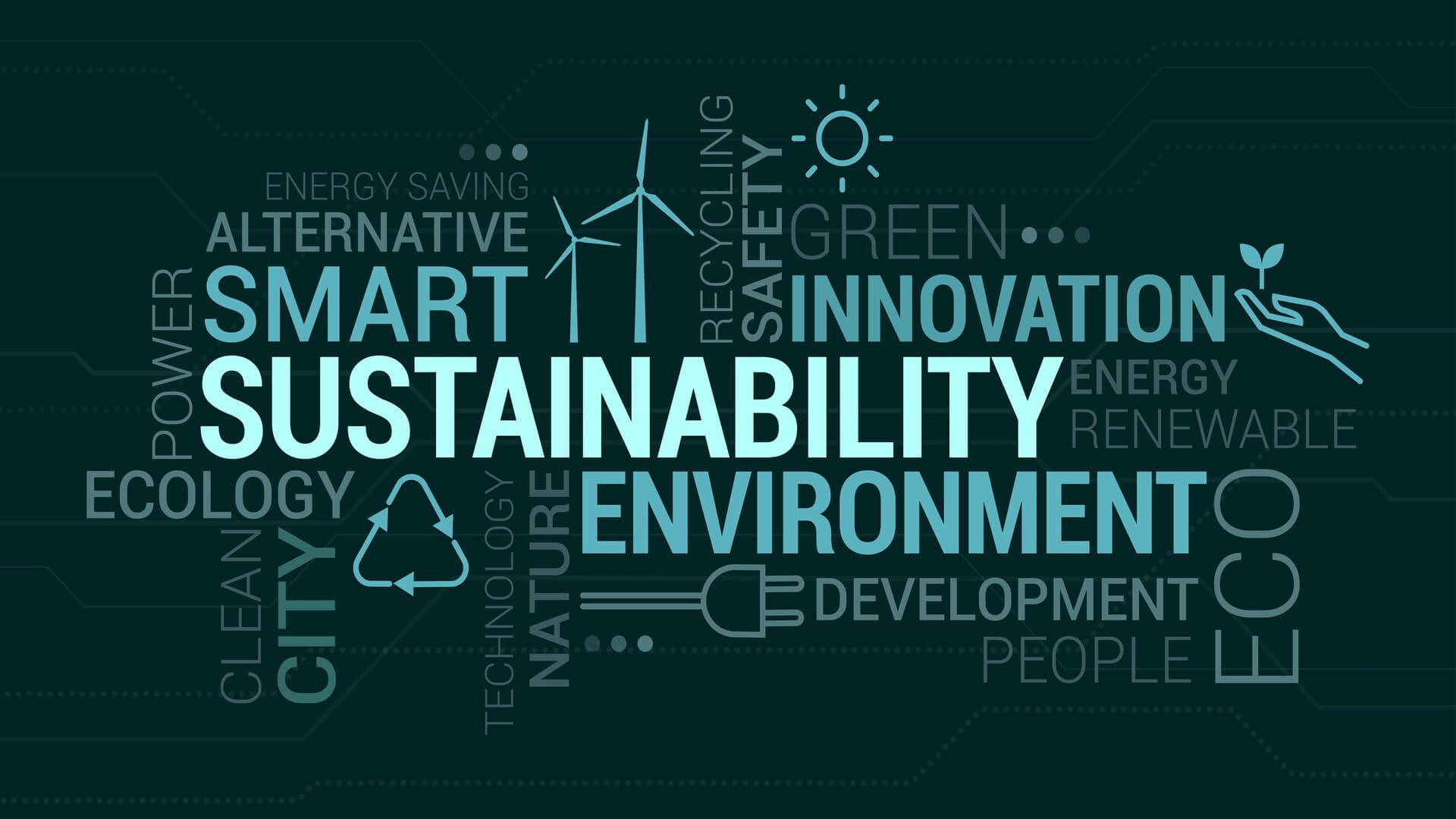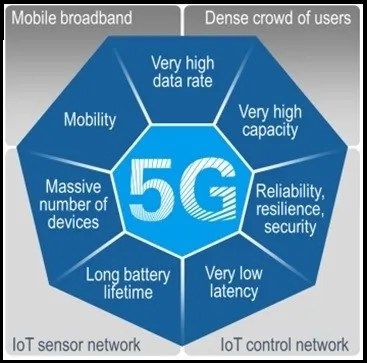
Tech Solutions for Sustainable Business Practices
- 0
As businesses around the world recognize the importance of sustainability, they are increasingly adopting eco-friendly practices. However, in addition to traditional methods, technology offers numerous solutions for businesses to enhance their sustainability efforts. By embracing these tech solutions, companies can reduce their environmental impact and achieve long-term sustainability goals while also enhancing their efficiency and profitability.
1. Cloud Computing for Reduced Energy Consumption
Cloud computing has revolutionized the way businesses operate, offering numerous benefits including reduced energy consumption. Traditional business practices often require extensive server infrastructure, which consumes significant power and generates large amounts of heat. However, by migrating to the cloud, businesses can significantly reduce their energy consumption and carbon footprint.
Cloud service providers have invested heavily in energy-efficient data centers that maximize computing power while minimizing electricity usage. These providers use advanced cooling solutions, efficient hardware, and renewable energy sources to reduce their environmental impact. By leveraging cloud computing, companies can not only cut costs but also contribute to a greener planet.
2. Internet of Things (IoT) for Resource Optimization
The Internet of Things (IoT) is a network of interconnected devices that collect and exchange data, revolutionizing the way businesses operate. Through IoT technologies, businesses can optimize resource utilization and achieve sustainable practices.
For instance, smart sensors can be deployed to monitor and regulate energy consumption in office spaces. These sensors can automatically adjust lighting levels, optimize heating and cooling systems, and control energy consumption according to occupancy levels. By doing so, companies can minimize wastage and contribute to a more sustainable environment.
Furthermore, IoT devices can be used in supply chain management to track and optimize transportation routes, reducing fuel consumption and emissions. This technology enables businesses to identify inefficiencies in their operations and make data-driven decisions to maximize sustainability.
3. Renewable Energy Solutions for Clean and Green Operations
Renewable energy sources, such as solar and wind power, offer sustainable alternatives to traditional energy sources. By investing in renewable energy solutions, businesses can reduce their reliance on fossil fuels, decrease their carbon emissions, and promote clean and green operations.
Solar panels can be installed on rooftops or unused areas of business premises to generate clean energy. With advancements in technology, the cost of solar energy production has decreased, making it an attractive option for businesses looking to reduce their environmental impact. Moreover, excess energy generated by these solar panels can be stored in batteries for later use, ensuring a continuous supply.
In addition to solar energy, wind turbines can also be installed to harness the power of wind. By incorporating renewable energy solutions, businesses can not only reduce their environmental footprint but also gain energy independence and long-term cost savings.
4. Virtual Meetings and Remote Work for Reduced Travel
In the digital age, businesses are increasingly leveraging virtual meetings and remote work options, reducing the need for extensive travel. Video conferencing tools, collaboration software, and remote work solutions enable teams to connect and collaborate regardless of their physical location.
By minimizing travel, businesses can significantly lower their carbon emissions, as transportation is a major contributor to greenhouse gas emissions. Additionally, remote work options provide employees with a better work-life balance, leading to increased job satisfaction and productivity.
5. Data Analytics for Sustainable Decision-Making
Data analytics plays a crucial role in sustainable decision-making. By collecting and analyzing data, businesses can identify areas where sustainability improvements can be made and assess the effectiveness of implemented measures.
With the help of machine learning algorithms, companies can analyze large datasets and identify patterns and trends. This insight can inform sustainable decision-making by optimizing energy usage, streamlining supply chain processes, and reducing waste generation.
In conclusion, leveraging technology solutions is vital for businesses aiming to adopt sustainable practices. The integration of cloud computing, IoT, renewable energy solutions, virtual meetings, remote work, and data analytics can significantly enhance a company’s environmental performance while also driving operational efficiency and profitability. By embracing these tech solutions, businesses can contribute to a greener future while staying ahead in the rapidly evolving digital landscape.

